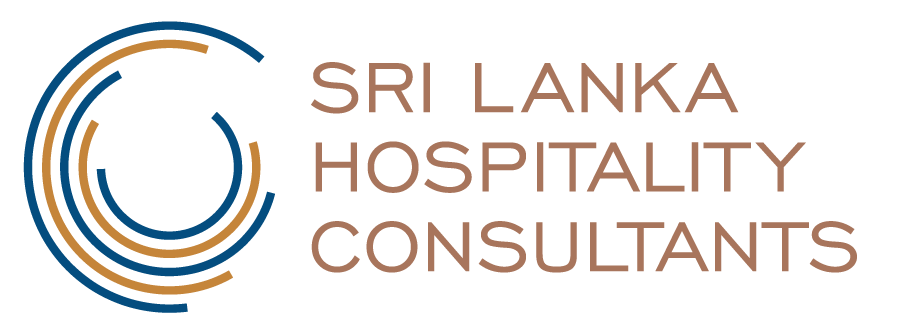An important goal of education is helping students learn how to think more productively while solving problems, by combining creative thinking to generate ideas and critical thinking to evaluate ideas with accurate knowledge about the truth of reality. Both modes of thinking creative & critical are essential for a well-rounded productive thinker, according to experts in both fields:
Alternative solutions are often not given, they must be generated or thought up. Critical thinkers must be creative thinkers as well, generating possible solutions in order to find the best one. Very often a problem persists, not because we can’t tell which available solution is best, but because the best solution has not yet been made available no one has thought of it yet.
The combining of creative generation with critical evaluation in a strategy of creative-and-critical Problem Solving that contains many tools which can be used interchangeably within any of the stages. These tools are selected according to the needs of the task and are either divergent or convergent.
Solving Problems by using Creative Skills plus Critical Skills: Many times, throughout every day whenever you make a decision so you can do an action you’re trying to “make things better” by solving a problem.
When you make a conscious decision, you combine creative thinking (to get ideas, to generate options for “what to do”) with critical thinking (to evaluate your options and decide “what to do”), as shown in the diagram. During this process when you creatively Generate Options and critically Evaluate Options you are using cycles of creative and critical thinking.
Today, people are warming up to the idea of education being instrumental in an all-rounded development of a person instead of just being a course to earn degrees and monetary success in life. It is broadly accepted that learning plays a key role in shaping one’s personality.
We get to know the world around us through education. It helps us build opinions and develop a perspective of looking at life. It forms the groundwork of any society and is one of the most important elements in addressing social problems.
A social problem is an issue or a factor within society that affects the real world. Gender inequality, poverty, child abuse, unemployment, racism, and discrimination based on religion are some of the many social issues prevailing in our society.
As a child, we make sense of the world in terms of right and wrong, good and bad. But as we grow up, we tend to understand the world in more complex ways. School is the foremost source of knowledge. From the early stages, we are exposed to different cultures and traditions. We also gain communication skills, we get to interact with different kinds of people, we are introduced to several opportunities and interactive projects.
What we learn in school will largely determine the person we will become in the future. Not only does education assist in molding our character but it also makes us aware of social evils and creates a desire for change by expanding our vision and outlook to see the world.
Education helps us understand what society is and what our responsibilities in that society are. It provides us with the knowledge to analyze our social structure and adopt appropriate and adequate social reforms.
Education empowers women to fight for their rights and challenge inequality. Across several countries, educated women are less likely to be unemployed or get married at a young age.
Education also adds up to the economic growth of a country. Upliftment in the human mind and desired sociable changes in society can be brought by education only. It helps to build a better society and in turn, a better nation by bringing us out of the darkness of ignorance and enlightening us with knowledge.



